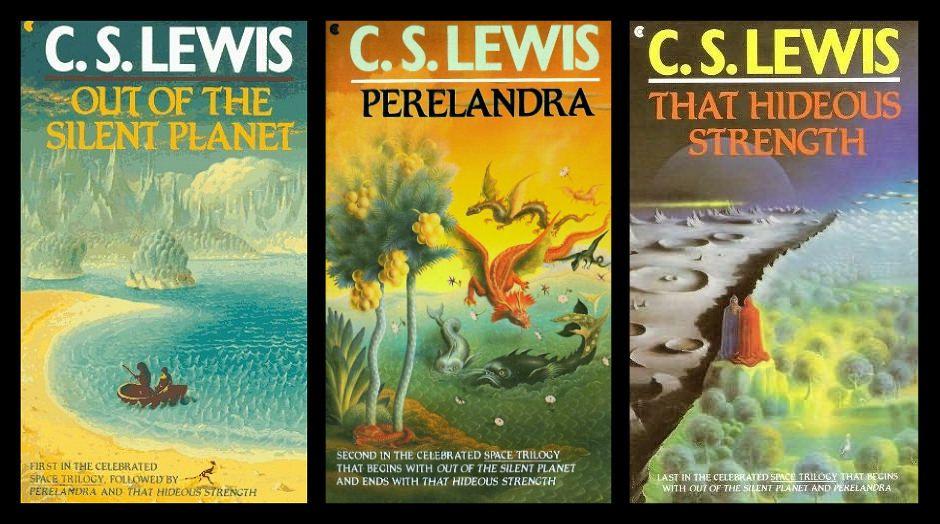In a recent article about Sir Walter Scott’s “Ivanhoe,” I made a New Year’s resolution to read old books unfamiliar to me. Having selected Fyodor Dostoyevsky’s “The Devils” as my next conquest, I had just commenced that story of Russian radicals when another book, not quite so old but still important, snared my attention and lured me temporarily away.
Let me explain. During the past month, my daily online explorations revealed that for several years George Orwell’s dystopian novel “1984” had often made the bestseller lists at Amazon and Barnes and Noble. Readers were also buying Aldous Huxley’s “Brave New World,” and Penguin had reprinted Sinclair Lewis’s “It Can’t Happen Here,” a novel about fascism swallowing up American democracy.






